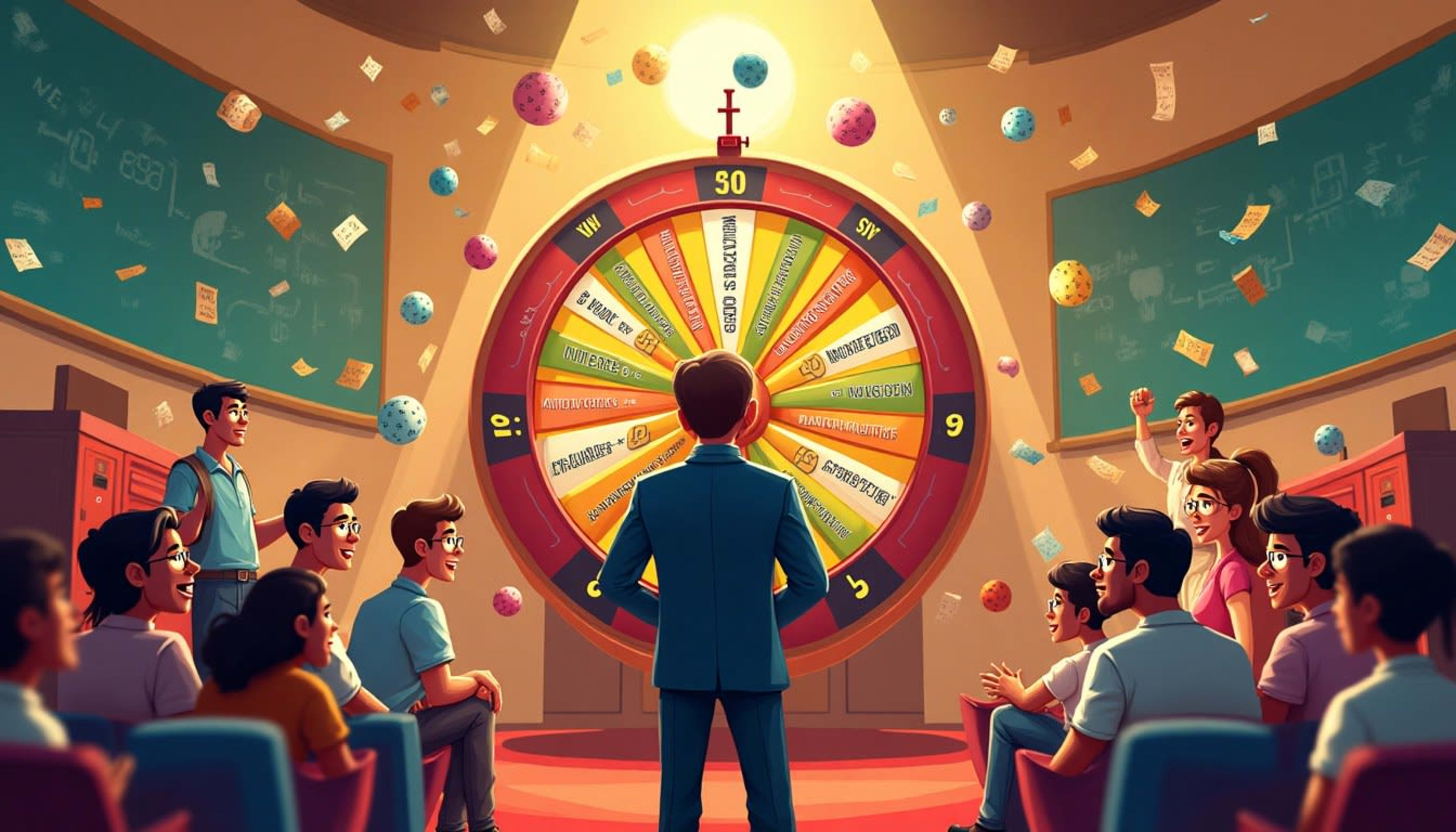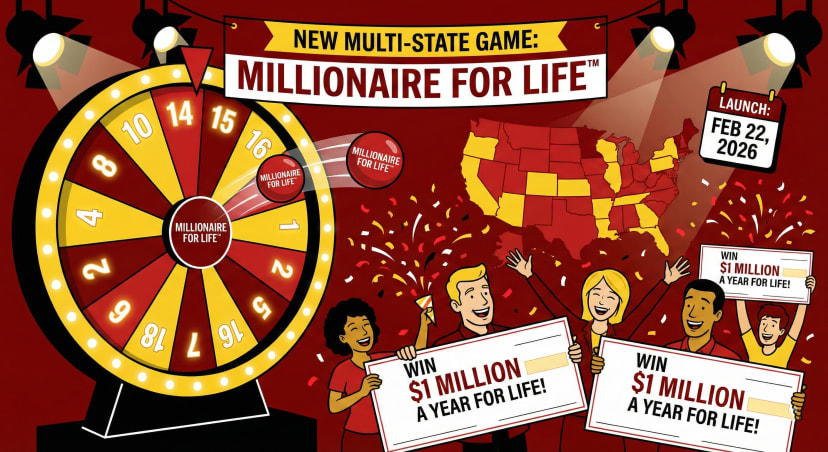Vocational School Lottery Debate Heats Up

Recommended casinos
The debate over the lottery admissions system in vocational schools has intensified as opponents and supporters vie over the best way to ensure fairness, access, and quality education. Recent discussions have focused on legislative actions, criticisms of existing methods, and potential reforms that might create a more equitable environment for students.
- Vocational schools may adopt a weighted lottery considering student interest, attendance, and discipline.
- Lawmakers are considering pauses and task forces to review the current admissions process.
- Proponents argue that a revamped system could lead to universal program access while critics note the loss of a fair application structure.
Legislative Actions and Debates
Recently, opponents of the traditional vocational school lottery system gathered to outline new legislative actions that include expanding available student seats. This meeting underscored the growing demand to overhaul existing policies and highlighted that one proposed measure, House Bill 4000 led by Rep. Frank Moran, would pause the current system to allow a comprehensive review by a dedicated task force. In a similar vein, discussions among education stakeholders have paralleled trends seen in a comprehensive guide to the best online lotto platforms, drawing interesting comparisons with secure and modernized lottery systems in other domains.
Critiques and Suggested Reforms
Critics argue that the former application process was fairer, and figures like Tim Murray have criticized the lottery for fostering inequity among students from varied communities. Meanwhile, supporters emphasize that the lottery system could improve representation for marginalized groups by expanding access to vocational education. Some panelists have even suggested that a weighted lottery—one that factors in student interest, attendance, and discipline—might address these concerns effectively. Additionally, Kevin McCaskill acknowledged that such a system could encourage early competition among students, a notion that resonates with findings from a how to calculate lottery odds that illuminates the role of systematic evaluation in competitive environments.
Financial Impact and Broader Implications
The conversation surrounding vocational school admissions is not only focused on fairness but also on funding strategies. The Fair Share Amendment, which generated over $2 billion in its first year, presents an opportunity to bolster vocational programs if its proceeds are allocated judiciously. Such financial prospects have fueled further debate over the best approach to structure admissions. Recent events—akin to the excitement generated by winning national lottery numbers—remind us that timely reforms may have far-reaching consequences. Furthermore, insights indicating that lottery winners play like professionals underscore the importance of strategy and fairness, lessons that can translate into educational settings. A lotteries in different countries which suggests that a globally informed approach to lottery systems could ultimately lead to more balanced opportunities for all students.
In conclusion, the ongoing discussions and proposed legislative actions reflect a significant pivot point in the way vocational school admissions are managed. As lawmakers, educators, and community stakeholders continue to debate these issues, the prospect of a more equitable, efficient, and transparent system looms on the horizon.








